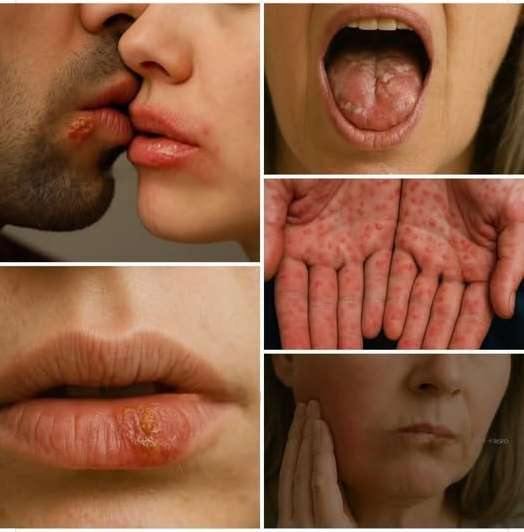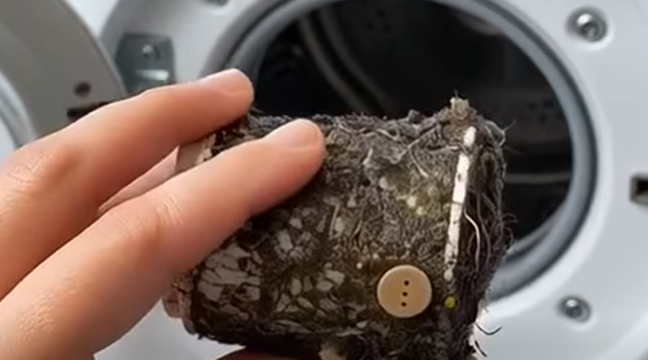Many people tend to dismiss discomfort in the mouth, chalking it up to harmless issues like a canker sore, irritation from spicy food, or simply brushing too hard. But sometimes, those small annoyances can be early warning signs of something much more serious—oral cancer. Unlike conditions that come on strong and fast, oral cancer is often quiet in the beginning, making it easy to miss. That’s why understanding the subtle signs and symptoms is critical.

By recognizing what’s abnormal and acting early, you can significantly improve your chances of successful treatment and long-term recovery. One of the most overlooked signs is a persistent mouth sore that just won’t heal. While most of us have had minor injuries in the mouth from biting our cheeks or eating something too hot, those usually heal within a week or two. If a sore lasts longer than two weeks—especially one on your lips, gums, tongue, or the inside of your cheeks—it’s time to take it seriously. Even if it doesn’t hurt, it could still be the early stages of oral cancer. Another symptom to watch for is any patch inside your mouth that changes color.
White patches, known as leukoplakia, and red patches, called erythroplakia, are common indicators that something isn’t right. These areas may feel thick, rough, or even bleed slightly. Even though not all patches are cancerous, they are often considered precancerous and could develop into cancer if ignored. If you notice either color change, schedule an exam with your dentist or doctor right away. Unexplained bleeding is also a red flag.
While it’s common to see a little blood after brushing too hard or flossing incorrectly, bleeding with no clear cause should not be ignored. Spontaneous bleeding might indicate that cancer has weakened the tissues inside your mouth. If it happens repeatedly and you can’t trace it to an injury or habit, get it checked out. Another common but often unnoticed symptom involves changes in texture within the mouth. A simple self-check can reveal lumps, rough spots, or thickened areas in your cheeks, gums, or tongue.
These abnormalities might not cause pain but could indicate abnormal cell growth. Be especially concerned about any lump that grows larger over time, feels firm compared to the rest of your mouth, or catches your tongue when you eat or speak. Tingling, numbness, or persistent pain can also be signs of oral cancer. While you might think that numb lips or a tingling tongue are from sleeping in a weird position or eating something too hot, if these sensations last more than a day or two, it’s best to seek medical advice. Persistent pain in a specific area could mean a tumor is affecting nearby nerves.
Difficulty chewing or swallowing, especially when it appears suddenly, should raise alarm. When eating your favorite meal becomes uncomfortable or swallowing water causes pain, it might be more than just a sore throat or a dental issue. Oral cancer can interfere with the muscles and tissues in your mouth and throat, making daily activities painful or difficult. This symptom can occur early, depending on where the tumor is located. Another subtle yet telling sign is bad breath that won’t go away. Everyone has experienced garlic breath or morning breath, but if the odor persists despite good oral hygiene, it could indicate tissue breakdown or infection caused by cancer. Chronic bad breath that resists brushing, flossing, and mouthwash deserves further evaluation.
Taking action early is essential. If you notice any of these symptoms for more than two weeks, don’t wait. Oral cancer has a far better prognosis when detected early, and treatment is often less invasive and more effective. Waiting too long could mean more aggressive therapies and more serious health risks. It’s not about being paranoid—it’s about being proactive with your health. There are also simple ways to reduce your risk. Stop using tobacco products in all forms, including chewing tobacco and vaping. Limit alcohol, especially if you smoke. Protect your lips from the sun with SPF lip balm.
Eat a diet rich in fruits and vegetables to boost your immune system. Most importantly, keep up with regular dental checkups, as dentists are often the first to spot early signs of oral cancer. In conclusion, oral cancer doesn’t just affect smokers or older adults—it can happen to anyone. Knowing the early signs and taking them seriously can make all the difference. If your mouth is giving you signals—whether it’s a sore that won’t heal, strange patches, numbness, or pain—listen carefully and take action. Your life may depend on it.





